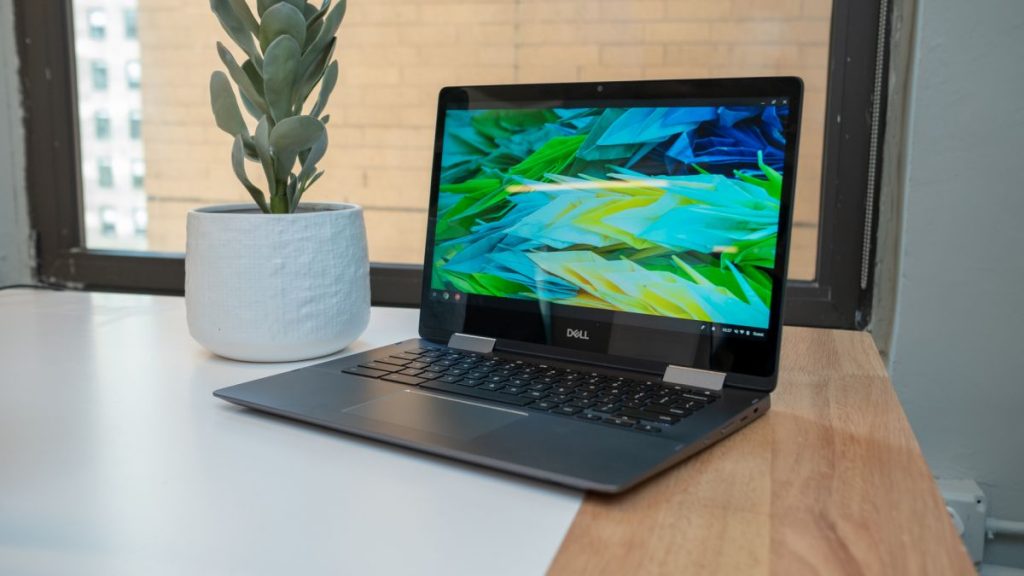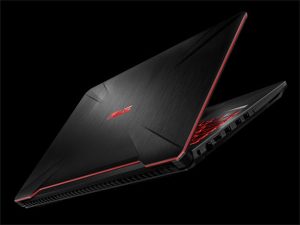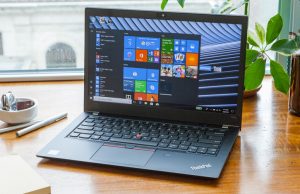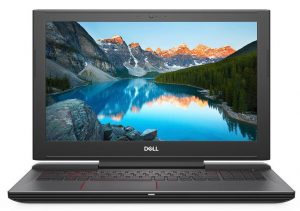

Calxeda's innovations are aimed at increasing the density of datacenter computer resources while markedly cutting back on the need for power, space, and cooling. HP (Hewlett-Packard) has previously recognized that ARM chips reduce power consumption by about 89% in comparison to conventional x86-based servers.
Employing more than one-hundred people, not only in Austin, but also in Silicon Valley and in subsidiaries in Asia, Calxeda will use the newly injected funds to advance ultra-low power scalable computing into the datacenter marketplace. An Austin Ventures partner, Clark Jernigan, said: "....the market has begun to embrace disruptively power-efficient datacenter architectures". Calxeda CEO and co-founder, Barry Evans said: "Businesses require a more efficient solution for the Web, Cloud, and Big Data. That is what Calxeda is now delivering and this funding will enable us to go bigger and faster."
Established in 2008, the company uses ultra-low power SoC (System on Chip) designs to reduce the power footprint of datacenters by using processors similar to those found in tablets and smartphones. Last year Calxeda introduced its 32-bit EngeryCore "server on a chip" which is a four-core server that only needs 5-watts of power even under load, while operating at just over one gigahertz. Plans are in place to offer 64-bit processors by 2014.
Earlier this year Dell Inc. revealed experimental ARM-based servers.
Previously existing Calxeda investors include Abu Dhabi based Advanced Technology Investment Co. (ATIC), ARM Holdings PLC based in Great Britain, Highland Capital Partners, Flybridge Capital Partners, and Battery Ventures, with the latter three being based in Massachusetts.

 Laptop & Tablet Parts
Laptop & Tablet Parts




















